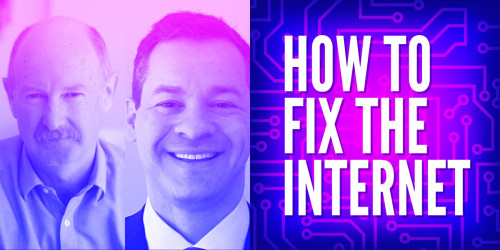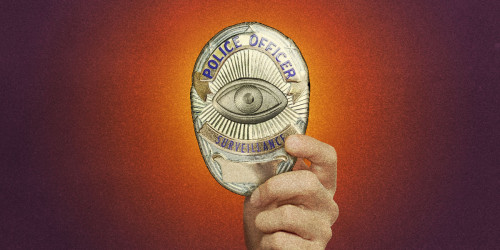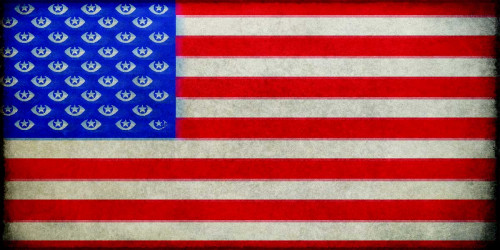Last month, the U.S. Department of Agriculture issued a troubling order to all state agency directors of Supplemental Nutrition Assistance Programs (SNAP): hand over your data.
This is part of a larger effort by the Trump administration to gain “unfettered access to comprehensive data from all state programs that receive federal funding,” through Executive Order 14243. While the order says this data sharing is intended to cut down on fraud, it is written so broadly that it could authorize almost any data sharing. Such an effort flies in the face of well-established data privacy practices and places people at considerable risk.
A group SNAP recipients and organizations have thankfully sued to try and block the data sharing granted through the Executive Order. And the state of New Mexico has even refused to comply with the order, “due to questions and concerns regarding the legality of USDA’s demand for the information,” according to Source NM.
The federal government has said very little about how they will use this information. Several populations targeted by the Trump Administration are eligible to be on the SNAP program, including asylum seekers, refugees, and victims of trafficking. Additionally, although undocumented immigrants are not eligible for SNAP benefits, their household members who are U.S. citizens or have other eligible immigration statuses may be—raising the distinct concern that SNAP information could be shared with immigration or other enforcement authorities.
We all deserve privacy rights. Accessing public benefits to feed yourself shouldn't require you to give those up.
EFF has long advocated for privacy policies that ensure that information provided in one context is not used for other reasons. People who hand over their personal information should do so freely and with full information about how their information will be used. Whether you're seeking services from the government or a company, we all deserve privacy rights. Accessing public benefits to feed yourself shouldn't require you to give those up.
It's particularly important to respect privacy for government programs that provide essential support services to vulnerable populations such as SNAP. SNAP supports people who need assistance buying food—arguably the most basic need. Often, fear of reprisal and inappropriate government data sharing, such as immigration status of household members not receiving benefits, prevents eligible people from enrolling in food assistance despite need. Discouraging eligible people from enrolling in SNAP benefits runs counterproductive to the goals of the program, which aim to reduce food insecurity, improve health outcomes, and benefit local economies.
This is just the latest government data-sharing effort that raises alarm bells for digital rights. No one should worry that asking their government for help with hunger will get them in trouble. The USDA must promise it will not weaponize programs that put food on the table during times of need.









